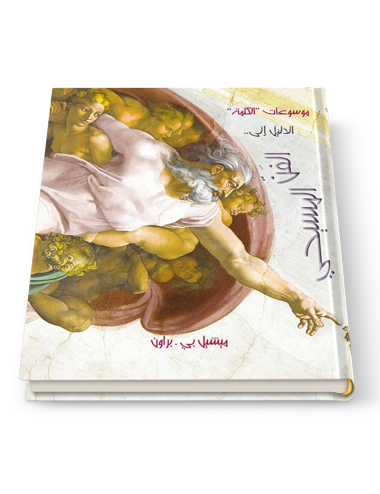Concept of Tampering in Philosophy and Art
This book is a cry of protest against those who rejoice at the death of ideas and doctrines and declare in a foolish trance that existentialism is dead
0 kg - 2.348 kg
This book is a cry of protest against those who rejoice at the death of ideas and doctrines and declare in a foolish trance that existentialism is dead
Antigone begins with The two sons of Oedipus, Eteocles and Polyneices, who are fighting for the kingship of Thebes. Both men die in the battle. Their successor, Creon, decides that King Eteocles will be buried, but Polyneices, because he was leading a foreign army, will be left on the field of battle. Antigone, his sister, buries him anyway.
Antigone is caught burying Polyneices and is condemned to death. Her fiance and Creon's son, Haemon, learns about this and tries to convince Creon to change his mind. It's only then that the seer Tiresias appears. After a long discussion, he finally persuades Creon that the gods want Polyneices buried. By then it's too late Antigone has hung herself, Haemon kills himself when he finds her, and Creon's wife kills herself when she learns about her son.
The subject of fiction has received clear interest from many philosophers, both idealists and empiricists. We will depart from the subject of our studies if we try to follow the opinions of modern philosophers in this regard
This abridgment of Colin Brown’s original four volume work is arranged with its entries in Greek alphabet order, which makes it easy to find the discussion of a particular word. All Greek words are transliterated into English and linked with their Goodrick/Kohlenberger numbers.
Christianity has been a central force in the shaping of western culture. It is not surprising, therefore, that the greatest artists down the centuries have sought to paint its story. This book tells the history of Christian art, exploring the purpose behind the masterpieces and looking at the context in which they were created. The modern secular reader who feels detached from the meaning of the paintings will be helped to understand their emotional as well as their asethetic power. And the Christian reader will be encouraged to explore further the wonder and beauty of the Christian cultural legacy. The book includes a final chapter on the way modern artists are continuing and changing the legacy.
The Ancient Greek philosophers have played a pivotal role in the shaping of the western philosophical tradition. This book surveys the seminal works and ideas of key figures in the Ancient Greek philosophical tradition from the Presocratics to the Neoplatonists. It highlights their main philosophical concerns and the evolution in their thought from the sixth century BCE to the sixth century CE.













